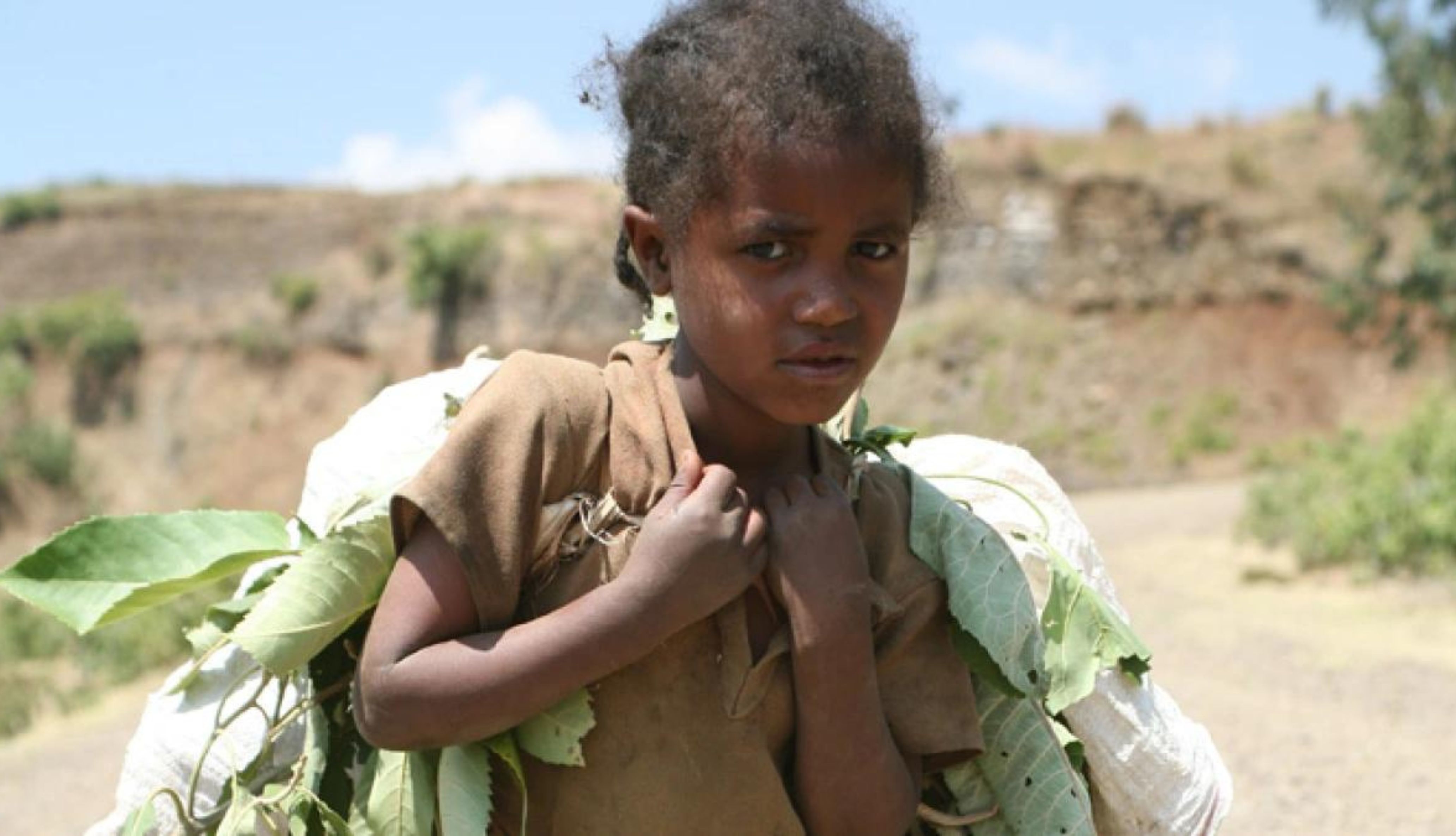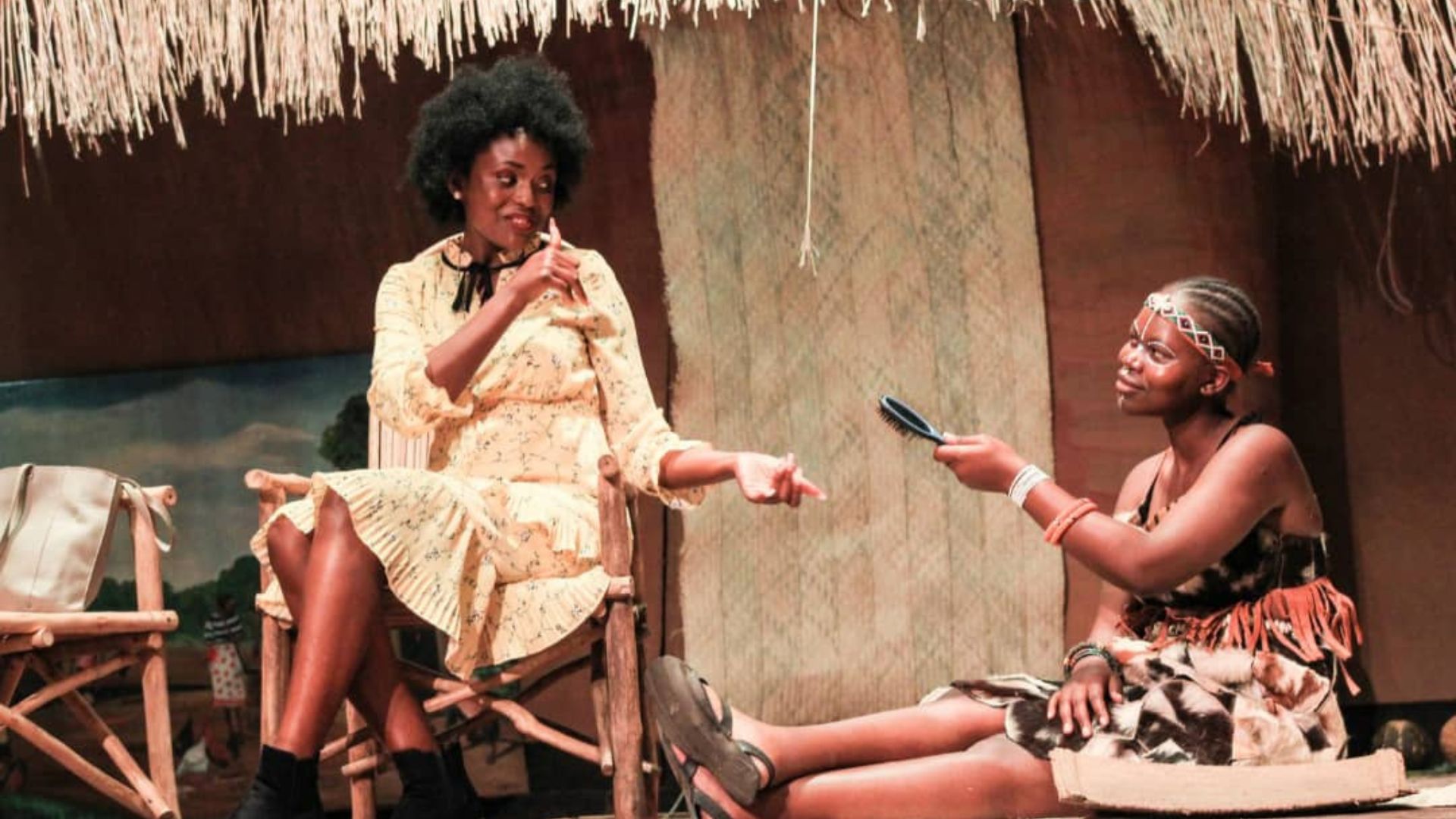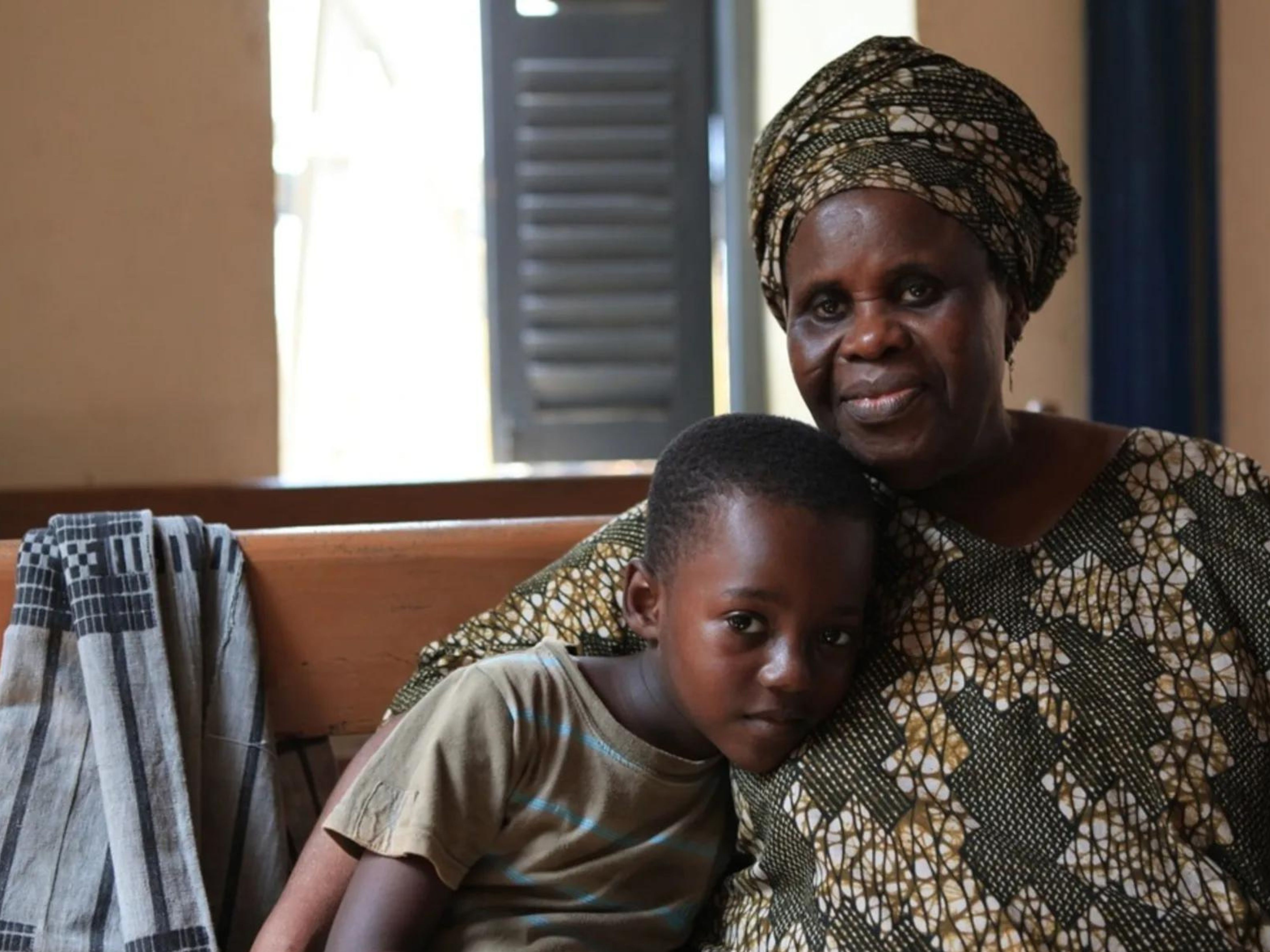Ama Ata Aidoo was a Ghanaian author, poet, playwright, politician, and academic. She was born on March 23, 1942, in Abeadzi Kyiakor, a small village in the Central Region of Ghana. Aidoo grew up in a society where education for girls was not widely encouraged.
However, she was lucky her parents, Nana Yaw Fama and Maame Abba Denteh, recognised her potential and supported her pursuit of education.
Aidoo died on 31 May 2023 in Accra, Ghana. Praising her as “an outstanding writer, advocate for women’s cause, the cause of Africans and the progressive people around the world”, President Nana Akufo-Addo announced that she would be given a state funeral,
The Early Life of Ama Ata Aidoo
Aidoo attended the Wesley Girls’ High School in Cape Coast, Ghana, where she excelled academically and discovered her passion for writing. Her talent for storytelling and her ability to capture the nuances of human experiences began to emerge during her formative years. Aidoo’s early exposure to literature and African oral traditions influenced her writing development. Aidoo later attended the University of Ghana, studying English and Literature.
After graduating, she worked as a teacher and a writer. In 1965, she published her first play, “The Dilemma of a Ghost.” This play made her the first published female African dramatist. Aidoo’s work has been praised for its exploration of the role of women in African society. She is a vocal feminist who has written extensively about women’s challenges in Africa. Her work has also been praised for its use of language and insights into Ghana’s social and political climate.
Aidoo’s background had a significant influence on her literary career. Her upbringing in a royal household gave her a strong sense of identity and a deep understanding of Ghanaian culture. Her education in traditional and Western schools also exposed her to various perspectives, which she often explored in her writing. Furthermore, her involvement in the theatre and the arts gave her a strong command of language and a keen eye for detail.
Ama Aidoo contributed significantly to African literature through her diverse work, including novels, plays, and poetry collections. Her results are captivating to her readers as she carefully explores insightful, complex themes while also portraying the rich culture of Africa. She has authored several acclaimed works that have garnered international recognition. A few of her notable novels include “Our Sister Killjoy” (1977), a groundbreaking work examining postcolonial identity and cultural displacement.
Another prominent novel is “Changes: A Love Story” (1991), which delves into the complexities of love, marriage, and women’s agency in contemporary Ghanaian society. Her plays, such as “The Dilemma of a Ghost” (1964) and “Anowa” (1970), have also gained attention for their thought-provoking themes and exploration of cultural clashes, gender dynamics, and societal expectations. Her poetry collections, including “Someone Talking to Sometime” (1986) and “An Angry Letter in January” (1992), also showcase her poetic prowess and lyrical expression.
Ama Ata Aidoo has been actively engaged in social and political activism throughout her life, advocating for gender equality and women’s rights in Ghana and beyond. Her work extends beyond literature, as she has consistently used her platform to address sociocultural issues and promote positive change.
Aidoo’s works often centre on the experiences of women and the challenges they face within patriarchal societies. She tries to bring attention to gender inequalities, traditional customs, and societal expectations while encouraging readers to examine and challenge prevailing norms critically. In her works, Aidoo also explores African cultural heritage while celebrating the richness and diversity of African traditions and interrogating their impact on contemporary life. Her writings are deeply rooted in Ghana and Africa’s social and political realities, as she engages with postcolonial issues, political unrest, and the complexities of nation-building.
Aidoo’s activism extends to addressing socio-cultural issues prevalent in Ghana and Africa. She critiques harmful practices, such as child marriage, female genital mutilation, and unequal access to education and healthcare. Through her activism, Aidoo strives to bring about social transformation and challenge ingrained systems of oppression.
In 1987, she delivered a speech at the University of Ghana in which she criticised how African women were often portrayed in literature and the media. She argued that these portrayals were frequently inaccurate and harmful and contributed to women’s oppression.
In 1991, she founded the Mbaasem Foundation, a non-profit organisation that supports African women writers and their artistic output. The foundation provides grants, fellowships, and other resources to help women writers develop their careers and promote their work.
2005, she was appointed to the Ghana Gender and Development Fund Board. In this role, she promoted gender equality and women’s empowerment in Ghana.
Ama Aidoo played a huge role in preserving and promoting African cultural heritage through her literary works. She delved into African traditions, customs, and oral storytelling, highlighting their importance and showcasing their richness to a global audience. Her works often incorporate elements of African traditions, businesses, and folklore. Through vivid descriptions and narratives, she brings to life, in her works, the cultural practices, rituals, and belief systems that form an integral part of African heritage. Her writing serves as a bridge between the past and the present, ensuring the preservation and celebration of African cultural heritage.
Aidoo’s works actively challenge stereotypes and misconceptions about African cultures. She counters one-dimensional portrayals and offers nuanced and complex representations of African societies, highlighting African cultures’ diversity, vibrancy, and depth. Her writings contribute to a more comprehensive and accurate understanding of Africa, breaking down stereotypes and fostering cultural appreciation.
Awards and Recognitions
- 1965: Mbari Club Prize for her short story “No Sweetness Here”
- 1992: Commonwealth Writers’ Prize for Best Book (Africa) for her novel “Changes”
- 1993: Neustadt International Prize for Literature, which is one of the most prestigious literary awards in the world
- 1997: Companion of the Order of the Volta, Ghana’s highest civilian honour
- 2000: Honorary Doctorate of Letters from the University of Ghana
- 2015: Nelson Mandela Award for Poetry
- 2018: Ghana Book Award for Prose
She has also received numerous fellowships and grants and has served on the boards of several literary and cultural organisations. She is also a professor emeritus at the University of Ghana and has held visiting professorships at different universities worldwide.
Ama Ata Aidoo’s Literary Legacy
Aidoo’s works have profoundly impacted African literature, inspiring and empowering generations of writers, particularly African women, as she provided the platform for African women to see their experiences and voices represented in literature. Her nuanced portrayals of female characters and her exploration of feminist themes have inspired a new generation of African women writers to tell their stories and challenge societal norms.
Aidoo’s legacy will continue to inspire future generations of writers and activists working to create a more just and equitable world for all. Her work is a powerful reminder that literature can be a force for change and that writers are responsible for using their platform to speak truth to power and advocate for the rights of the marginalised.
More importantly, Aidoo’s achievements have elevated the profile of African literature on the global stage. She has actively promoted African voices, narratives, and perspectives through her literary excellence and advocacy. Her contributions have encouraged wider recognition and appreciation of African literature within the global literary community.
Ama Ata Aidoo’s legacy extends far beyond her achievements. Her works resonate with readers, scholars, and artists, capturing the essence of the African experience and providing a platform for African voices to be heard. Her courage, integrity, and dedication to authentic storytelling have inspired subsequent generations of African writers and artists, leaving an indelible mark on the literary and cultural landscape.














































